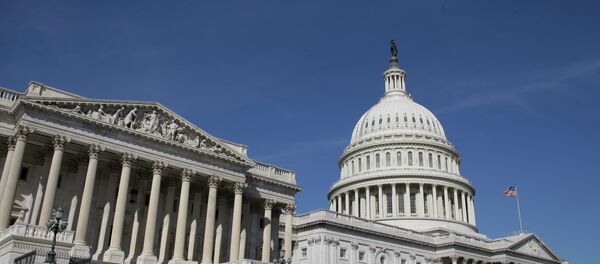Defense Secretary Ashton Carter has called the resolution "deplorable," testifying before Congress that the measure will hurt military and national security programs.
"We need Congress to come together around providing normal, stable, responsible budgets—that is, appropriations—because lack of stability represents one of the single biggest strategic risks to our DOD enterprise," Federal Soup quoted Carter saying. "Now the time has come to begin the fiscal year, and I can only tell you the same thing: that budget instability is the greatest risk we face."
He added, "It makes planning for the fight extremely difficult for our warfighters and commanders, including in our campaign to deliver ISIL a lasting defeat. It baffles our friends, and emboldens foes. It’s managerially and strategically unsound, not to mention unfairly dispiriting to our troops and their families, and our workforce – all of whom deserve better, and deserve more predictability, to say the least."
Pentagon Comptroller Mike McCord gave a list of new programs to the Congressional Research Service last month, which included replacement wings and maintenance for the A-10 jets; the E-4B National Airborne Operations Center aircraft; an anti-surface warfare module for the LCS ship; the replacement for the Ohio-class ballistic submarines and a modernization program for B-52 radar systems.
All of these programs will be delayed under the 10-week continuing resolution.
DODBuzz quoted a White House statement that said the resolution "would allow critical government functions to operate without interruption."
Much of the issue in Congress centered around funding to address the water crisis in Flint, Michigan. Senate Majority Leader Majority Mitch McConnell opened the Senate on Tuesday by asking, "Can it really be that Democratic leaders have embraced dysfunction so thoroughly that they'd tank a non-controversial, 10-week funding bill over — well, what exactly?"
Taking a page from the standard Republican playbook of the past eight years, McConnell said, "It's almost as if a few Democratic leaders decided long ago that bringing our country to the brink would make for good election-year politics."




